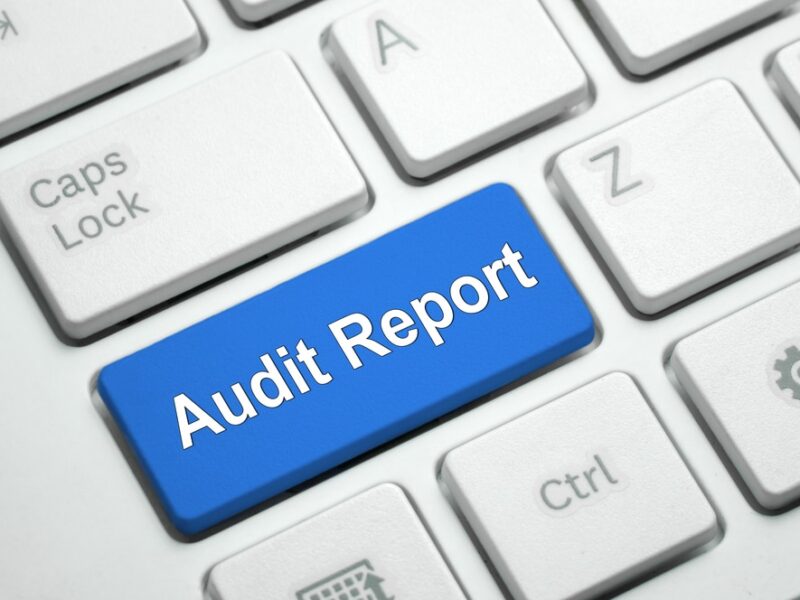This article is Part 2 of 6 of the Fraud Investigation Series. This article looks at the Fraud Investigation Team. It hopes to answer the questions: Who should be involved in investigating an alleged fraud at your school district. This will vary depending on whether your district has an internal audit department.
Who receives the fraud tip?
This relates to the first article in the Fraud Investigation Series (The Fraud Hotline). If you have an internal audit department, it is more than likely that they will receive the hotline tip (whether an in-house or third-party managed hotline). However, if your district does not have an internal audit staff you will need to determine who receives the initial allegation. This could be human resources, accounting, or possibly an outside contractor that specializes in fraud investigations.
Two people that should not receive the allegation is the district superintendent or any school board member. The investigation must take place without a shadow of influence or cover-up by the school district. Once the district lead investigator (whomever the district decides this should be) receives the fraud tip and determines that it has merit, individuals that are needed to conduct the investigation should be contacted and brought into the investigation.
Who makes up the Fraud Investigation Team?
Those fraud team individuals need to be limited to the least amount needed to conduct a competent and thorough investigation. This is due to a time crunch and confidentiality. It is important to conduct a fraud investigation in a timely manner, the more individuals involved the slower the process. Also, a fraud investigation may involve sensitive personal information, so the least amount of people that have access to this information the less likely this information will be leaked. Each investigation will be different due to the nature of the allegation, evidence needed, and where this evidence is located (is it physical or digital). Since this is the case, team members will vary from fraud allegation to fraud allegation.
Possible team members include representatives from:
- Internal Auditor: Possibly the lead investigator
- Human Resources: Expertise on workplace investigations
- Police Department: If your district has one, can take cases to DA
- School Attorney: Provide legal direction on conducting investigation
- IT Department: To collect digital evidence (i.e. employee emails)
- Procurement Department: If fraud involves a vendor
- Accounting Department: To collect financial information
- Campus Administration/Bookkeeper: For campus financial frauds
Next Steps for Your District
You should ask your district administration if they have a fraud investigation procedure. If so, ask if there is a lead investigator to handle initial fraud hotline allegations. If there is no procedure in place, recommend that your district develop and implement a procedure and name an individual or individuals to handle those initial allegations. It is better to have a procedure in place before a fraud allegation happens so your district is not caught off guard and scrambling.
If your District needs training in school fraud detection, prevention, or investigation please contact me at anthony@edufraud.com


